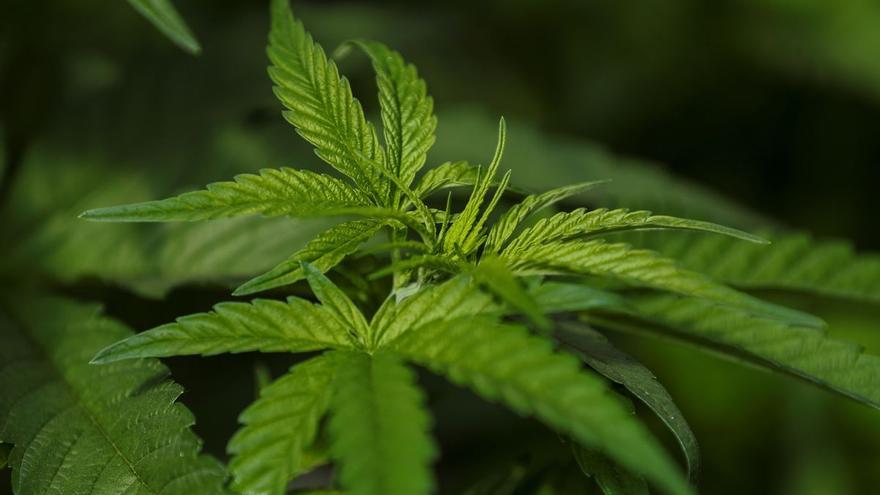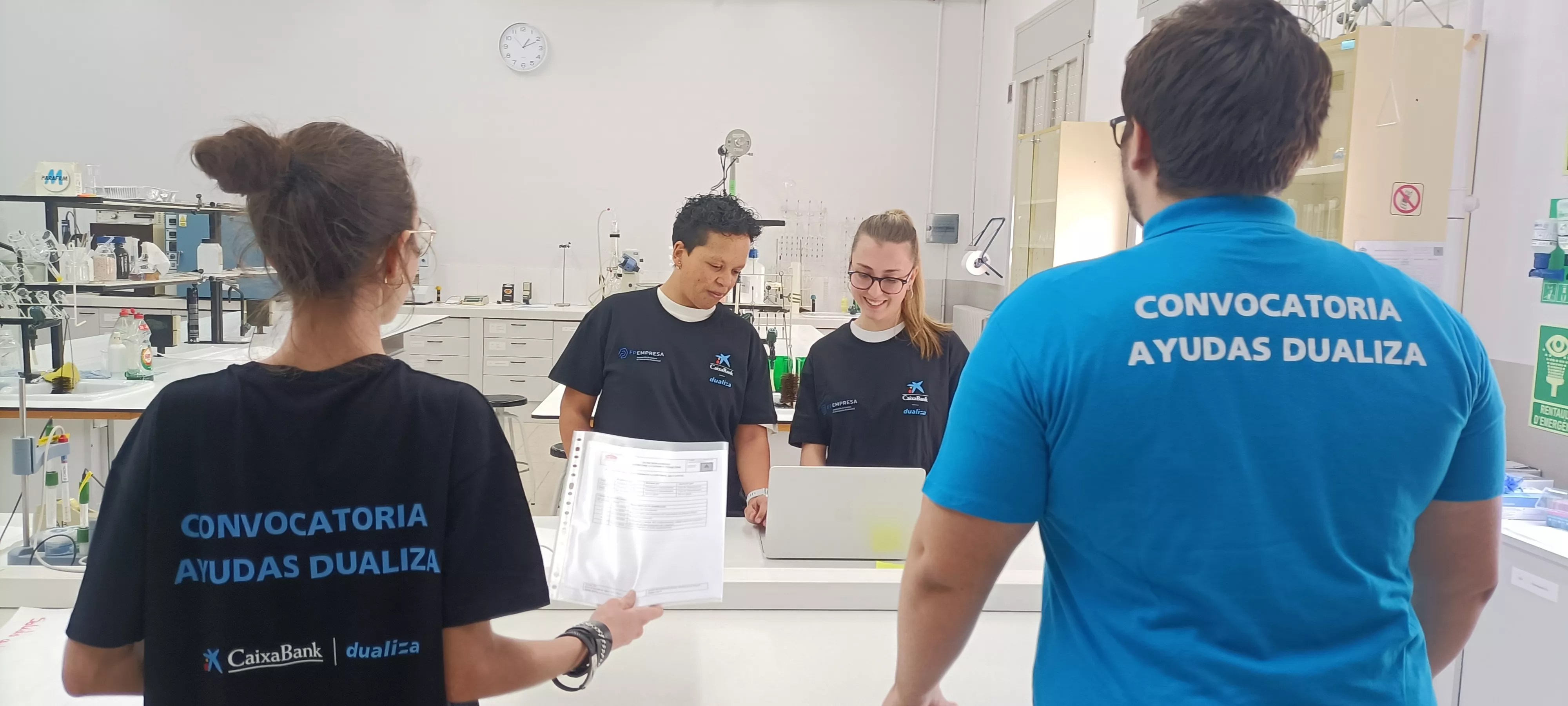
The Canary Islands have 224 clubs or associations for the study of cannabis registered in the Registry of Associations of the Canary Islands, whose competence corresponds to the General Directorate of Transparency and Citizen Participation of the Government of the Canary Islands. They represent 100 more than those that were registered six years ago, according to the data provided in 2016 at the parliamentary headquarters by the Ministry of Justice.
The scale of cannabis clubs and associations in the Canary Islands has increased by a hundred in the last five years. By islands, Tenerife is the one with the most registered cannabis clubs and associations with 127 compared to the 54 that Gran Canaria has, the second island with the highest number registered.
By municipalities, Arona concentrates the largest number with 35 clubs and Las Palmas de Gran Canaria is the capital with the most registrations. According to the registry, La Palma, La Gomera and El Hierro do not have clubs or associations of this type. Even so, the province of Santa Cruz de Tenerife has registered a total of 128 compared to 97 in Las Palmas.
Cannabis consumer associations are groups of people who are dedicated to growing marijuana with the aim of distributing it among their members so that said substance is consumed only by them. The partners declare before the association a forecast of consumption in which they declare the amount of cannabis that they will consume and it will be the maximum to which they will have the right to dispense in a statutorily determined period of time.
The sum of these agreements by all the partners will be the so-called consumption forecast of the association, which defines the maximum amount of cannabis that the association may cultivate in order to carry out its consumption.
«We have a very social will in the consultancy, we believe in consumption and self-consumption and that people should not be stigmatized for the fact of consuming cannabis. That is why we work with social clubs under certain considerations. We do not work with all the clubs, we have our own self-regulation model that we have been developing in recent years in which we communicate with the administration and know exactly what they want so that they do not cause more prejudice”, explains Antonio Inurria, CEO and founder of Canary Cannabis Consulting.
Among these requests are the discretion of the premises, good ventilation to prevent the accumulation of odors with a smoke extraction system, that the premises have a minimum of 120 square meters, double access for security and to prevent anyone from entering and this is controlled by a person confirming that those who enter are indeed partners. To this is added having a formula in which the money is converted into association tokens, thus avoiding the exchange of money for any substance. Each location can have between 50 and 100 members and not all of them are active.
Are they legal?
Keep in mind that the consumption of marijuana is not penalized in Spain, so its purchase or manufacture is not illegal as long as it is understood that it is made for a particular consumption. Hence, it has been concluded that they are legal since the members of a consumer club make a collective agreement for shared consumption, so that the amounts correspond to a forecast of consumption by the group.
The National Institute of Toxicology establishes that a person who regularly consumes cannabis must have a stock of about five grams a day, which is what is estimated to be the average self-consumption. Thus, at home for self-consumption they can be stocked for between 5 and 10 days, that is, between 25 and 50 grams on average. “What the self-regulation model defines is that instead of having it at home there is a space shared by several consumers in which they store that cannabis and can dispose of it within the club and the facilities when they need it within certain requirements,” adds Inurria.
medical cannabis
Faced with the proliferation of social clubs or cannabis associations, there is another reality that is slowly making its way, which is medical cannabis. It is in this field that Consulting Cannabis Canarias moves, a consultancy dedicated to positioning companies specialized in the medicinal cultivation of cannabis in the Archipelago, and which could represent an opportunity to diversify the economy of the Islands and even take advantage of abandoned cultivation spaces giving it a new opportunity to the primary sector of the Islands. The hours of sunshine would make the crop cheaper by not having to rely on high electricity consumption as they do in the United States or Denmark, where part of this industry is based. The key is that everything that is grown would be exported in its entirety to countries like Germany for processing for purely medical purposes. “We are the first consulting firm in the Canary Islands specialized in the industrial cannabis sector. We are dedicated to positioning large pharmaceutical companies and large cannabis companies in the Canary Islands. Our goal is to establish an industry that can generate more than 5,000 jobs in the Islands. We are mainly focused on the professionalization of the sector. In other words, we want all aspects, not just cultivation, to be so », he explains.
Canarian exceptionality
The Islands have two unique assets for the European pharmaceutical industry. On the one hand, the climate and the annual hours of sunlight are excellent for cultivation. On the other, legal certainty and existing tax advantages. «Since 2018 the area ZEC added the epigraph of cultivation of medicinal plants so that, mainly, aloe vera could be accommodated, but it opened the door to medicinal cannabis that can be cultivated as long as it has a license from the Spanish Medicines Agency, “he points out.
The tax advantages allow large companies and multinationals from Germany and from various EU countries, including Canada and the US, to settle in the Canary Islands with only a 4% Corporate Tax. Everything as a whole makes the Islands a more than optimal destination for large pharmaceutical companies. The key is that everything must be exported, nothing can remain on the Islands and the crops cannot be manipulated.
“In the Islands there are no licenses granted at the moment by the State Medicines Agency. Yes, it is true that there are projects, it is a long-distance race with many requirements. There are currently three projects in Tenerife and one in Gran Canaria that are well positioned. The one in Gran Canaria is quite advanced. We will undoubtedly arrive in time to catch that train. The Government of the Canary Islands has a very firm will to protect those who are currently focused on the cultivation of industrial hemp,” the expert points out.
















